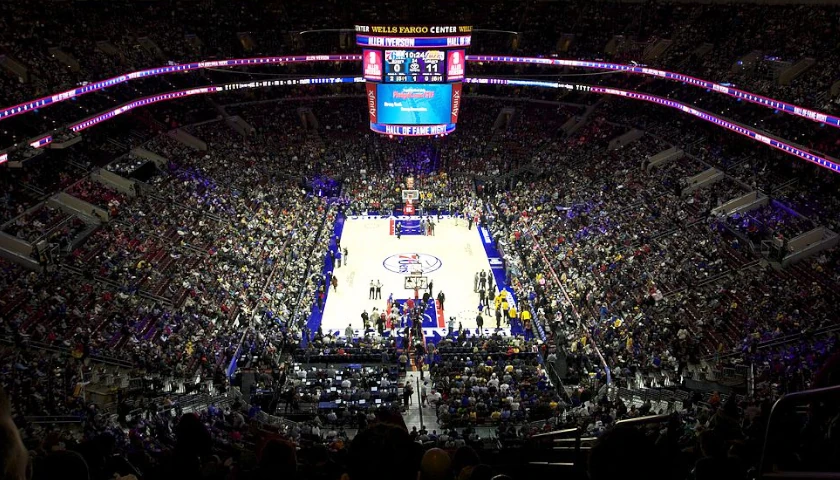by Scott McClallen
A Michigan city in the Upper Peninsula is fighting Walmart over tax assessments.
The Center Square reported about the “dark stores” strategy in June 2021, when vacant big box retail stores often seek the property assessed at tax rates sometimes 50 percent lower than previous rates, which often leaves local taxpayers to foot the tab.
Houghton, population 8,200, says Walmart seeks a tax reduction for tax years 2018 to 2021 at a minimum total of $291,605. If Walmart is successful, Houghton says that more than $1 million will be taken from critical community services.
On Aug. 3, Houghton sued Walmart for the breach in federal district court. On June 5, a Michigan Tax Tribunal hearing will determine if Walmart must meet its current tax obligations or be allowed a reduction of property taxes.
“If successful, the global company’s maneuver will spur a six-year, retroactive $1.2 million refund and a reduction in future property taxes,” Houghton City Manager Eric Waara said in a statement. “If Walmart wins the case, it could result in reduced future budgets to local K-12 schools, veterans’ services, county medical care facilities, public safety, and the local library.”
Randy Hargrove, senior Director of national media relations for Walmart, gave the following statement to The Center Square:
Walmart is committed to the Houghton community, and it is home to many of our associates and customers. Walmart is a responsible taxpayer, and like any property owner, we believe our property should be valued just like everyone else’s. When we get a property tax bill, it should reflect the value of the land, brick, and mortar rather than the value of our business operations. We are continuing to communicate with the city on this issue, but since we are in litigation, it would not be appropriate to comment further.
Houghton says that Walmart’s tax appeal violates an existing agreement whereby the city provided the company with land and other infrastructure to accommodate its store expansion. In return, the lawsuit says that Walmart agreed to increase the store’s assessed value by at least $1.95 million to cover ongoing environmental monitoring and wetland preservation.
State Rep. Jenn Hill, D-Marquette, is reviewing options she calls a tax loophole.
“For years, Michigan has allowed large corporate entities to sidestep their obligations to the communities that support them,” Hill said in a statement. “This destructive tax loophole has left local governments high and dry, and I’m working to put an end to it.”
State Rep. Julie Brixie, D-Okemos, says retailers have been aggressively leveraging the tax loophole for more than a decade.
“Residents and individual mom-and-pop businesses pay their fair share to support their communities, but big box stores do not. Okemos Public Schools and Capitol Area District Library have lost millions in property tax revenue from this unfair tax treatment,” Brixie said. “Our Downtown Development Authority was nearly bankrupted by the Meijer Corporation’s tax tribunal and had to pay an $85,000 refund to Meijer. Across the state, the total revenue lost since the dark store loophole was created in 2012 is in the billions. No other state allows shuttered deed-restricted stores to be used as a real estate comparable to a brand-new big box store.”
Waara hopes the hearing may open the door to a settlement. Houghton is working with its attorneys to bring in an independent appraiser to review the city’s and Walmart’s appraisals.
It’s unclear what impact the legal case will have on Houghton’s next budget.
– – –
Scott McClallen is a staff writer covering Michigan and Minnesota for The Center Square. A graduate of Hillsdale College, his work has appeared on Forbes.com and FEE.org.
Photo “Walmart” by Famartin. CC BY-SA 4.0.






Fair or not, Walmart will leave that city and take jobs with it.
So be careful!